We all want to be considerate when dining at McDonald’s by smiling, tidying, and saying thank you. But some well meaning actions can unintentionally slow down staff or make their jobs harder. Drawing from the insights of current and former McDonald’s workers, this guide highlights 10 seemingly polite habits that actually frustrate employees and shows you how to do better. Each section explains exactly how to act, how long it takes, what you need, what improves when you do it, and the reasoning behind the advice. A few small changes can make the experience better for both customers and crew.
1. Throwing away your trash but mixing recyclables
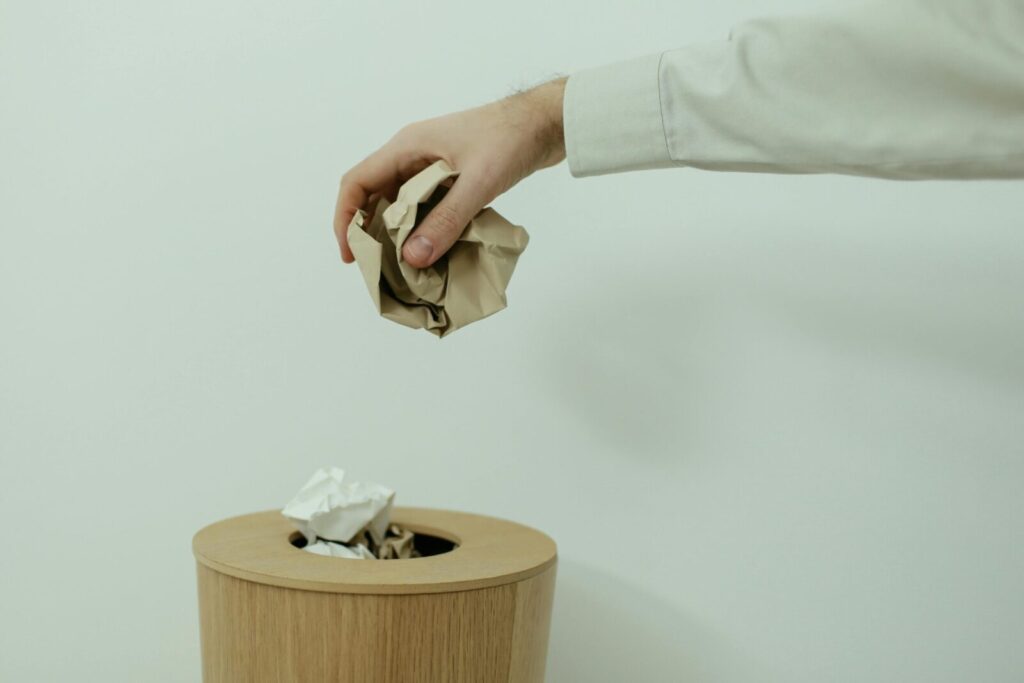
Many customers believe they are being helpful by throwing away their trash after eating, but problems arise when recyclables are mixed with leftover food. When paper cups or bottles covered in ketchup end up in the same bin as regular waste, staff later need to spend time separating them, and often the materials can no longer be recycled. The better way is to sort items correctly, which only takes about 15 extra seconds. This simple action improves waste management, helps the environment, and prevents unnecessary frustration for workers who deal with messy disposal.
2. Stacking trays with leftover food

Stacking trays may look like a neat way of helping, but it usually creates more work for the staff. Trays often still have leftover food or spills, and once they are stacked, those items get crushed and leak, making cleanup messy and unsafe. Returning trays one at a time without piling them up is much easier for employees to handle. This takes no more than five extra seconds and only requires you to use the tray return area. It improves safety, speeds up cleaning, and reduces the chances of food waste spilling onto the floor.
3. Eating and running without clearing your space
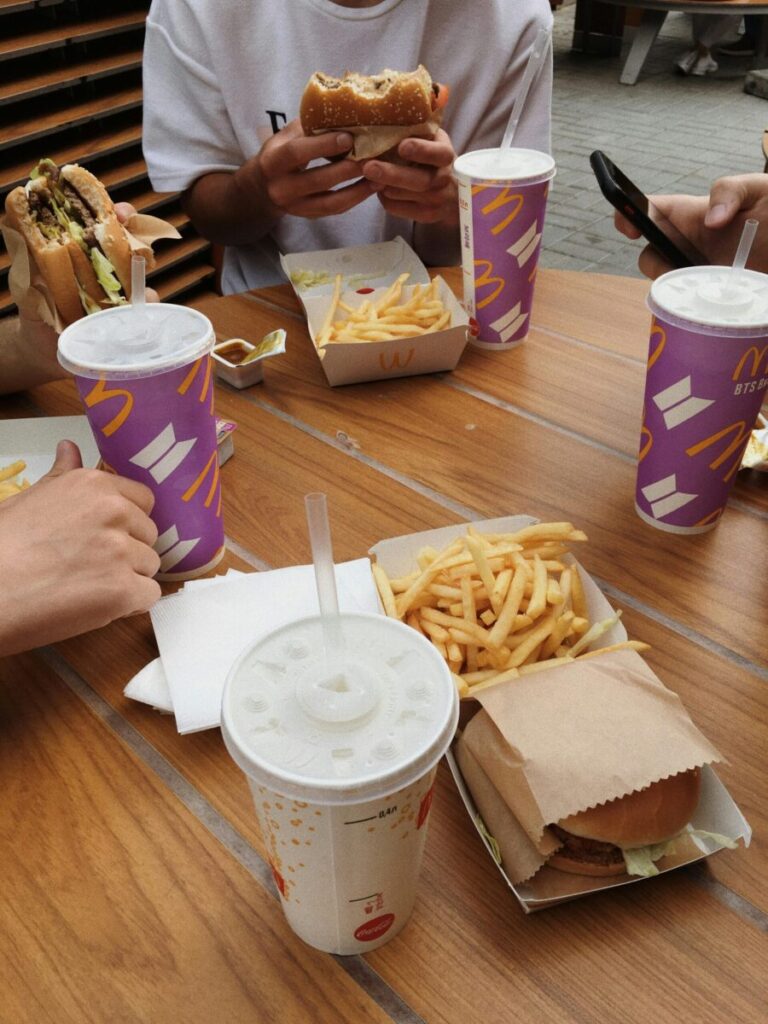
At McDonald’s, many people leave their food wrappers, drink cups, and trays behind, thinking workers will handle it like in a full service restaurant. However, employees are not staffed for table service and cleaning up messes takes away time that could be spent on preparing food or serving customers. Taking thirty seconds to throw your trash away and return your tray keeps the dining area clean for the next guest and reduces pressure on staff. This simple courtesy not only improves efficiency but also creates a friendlier environment for everyone dining in the restaurant.
4. Informing workers about crying kids

Some customers think they are being helpful when they tell employees about a child crying in the dining area. In reality, staff are already trained to observe and respond to situations when necessary. Interrupting them with a report about a child who is simply fussy does not improve service and can actually slow down the team’s workflow. The best action is to trust that staff will handle it, or if the situation seems serious, quietly mention it to a manager. This requires no extra time and prevents unnecessary distractions so employees can focus on real priorities.
5. Always opting for meal deals out of politeness
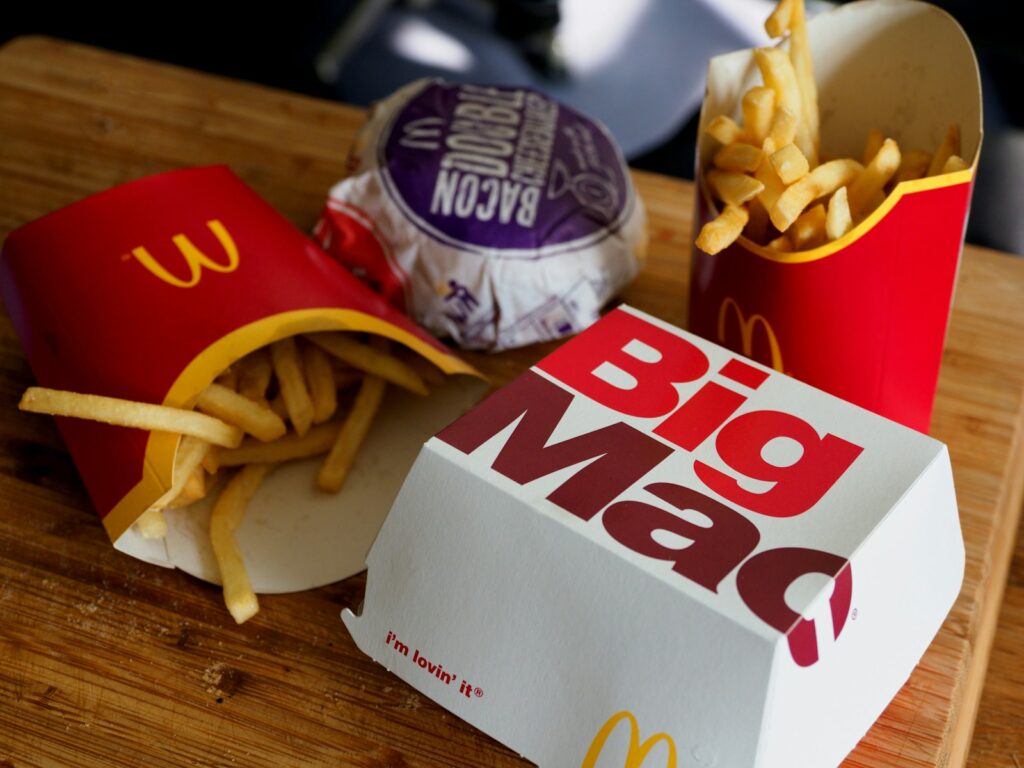
Many people assume they should order combo meals because it seems polite to follow the suggested deals. In truth, workers prefer that you order what you really want. If there is a better value option, the cashier will usually let you know. Ordering individual items takes the same amount of time, requires no extra effort, and ensures you get exactly what you like. This small shift improves satisfaction for both customer and staff because it reduces unnecessary changes or corrections to orders. It is a simple way to make the transaction smoother without overthinking politeness.
6. Waiting at a table after ordering expecting service
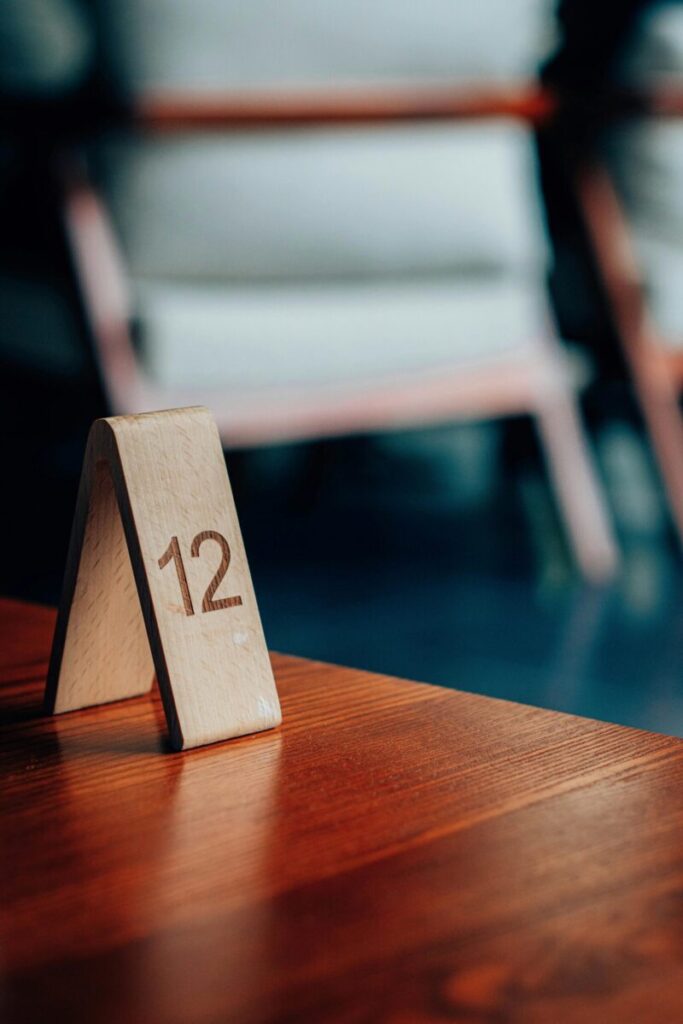
It might feel polite to step aside and take a seat after ordering, but at McDonald’s it can create confusion. Unlike sit down restaurants, the food is not brought to your table unless you are using a specific service option. Waiting near the counter or designated pickup spot ensures your order is collected quickly and tables stay available for other guests. This adjustment requires no extra time, only awareness of how the process works. It improves speed for the entire system and reduces frustration for employees who need to keep track of waiting customers.
7. Taking too many napkins or straws

Out of habit or politeness, some customers grab a large handful of napkins or straws thinking it saves staff from restocking. In reality, this creates shortages for other customers and increases waste. The better practice is to take only what you need, which requires no extra time or effort, and simply return to the counter if you require more. This small act reduces inventory strain, minimizes clutter in the dining area, and helps employees keep supplies balanced. By being mindful, you support smoother operations and make sure everyone has access to what they need during busy hours.
8. Not using trash bins properly
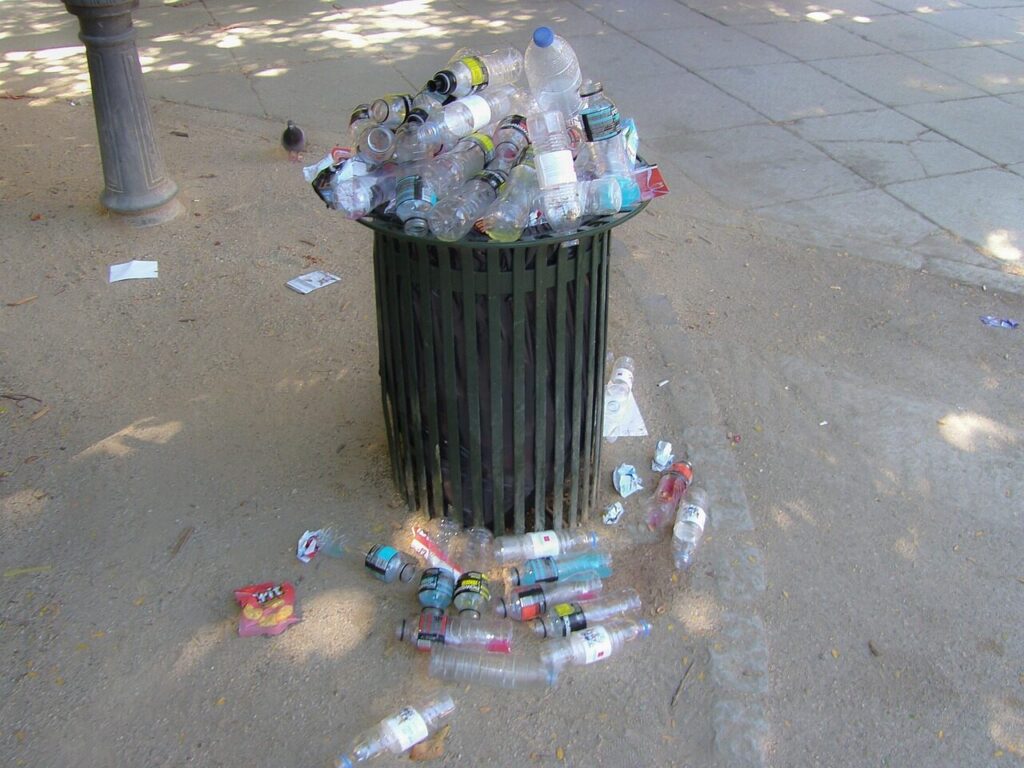
Improper use of trash bins is one of the most common frustrations for staff. Many customers quickly toss items without noticing labels or placement, leaving trays unemptied or recyclables mixed with food. This leads to extra cleaning, wasted materials, and slowed service. Taking fifteen seconds to use the bins correctly and returning trays neatly is all it takes. It requires nothing more than awareness of where the bins are located. This small action greatly improves cleanliness, helps employees keep the dining area presentable, and enhances the experience for the next customer who uses the space.
9. Loud or disruptive behavior in the dining area

Politeness is not only about saying please and thank you, it is also about maintaining a calm environment. Loud phone calls, shouting across tables, or rough play in the dining area can be disruptive for both workers and customers. Staff often find it harder to concentrate when the space is noisy, which slows down service. Keeping your voice at a normal level and stepping outside for calls requires no extra time, only self awareness. This improves comfort for everyone in the restaurant and reduces stress on employees who work in a fast paced environment.
10. Stacking trays unnecessarily
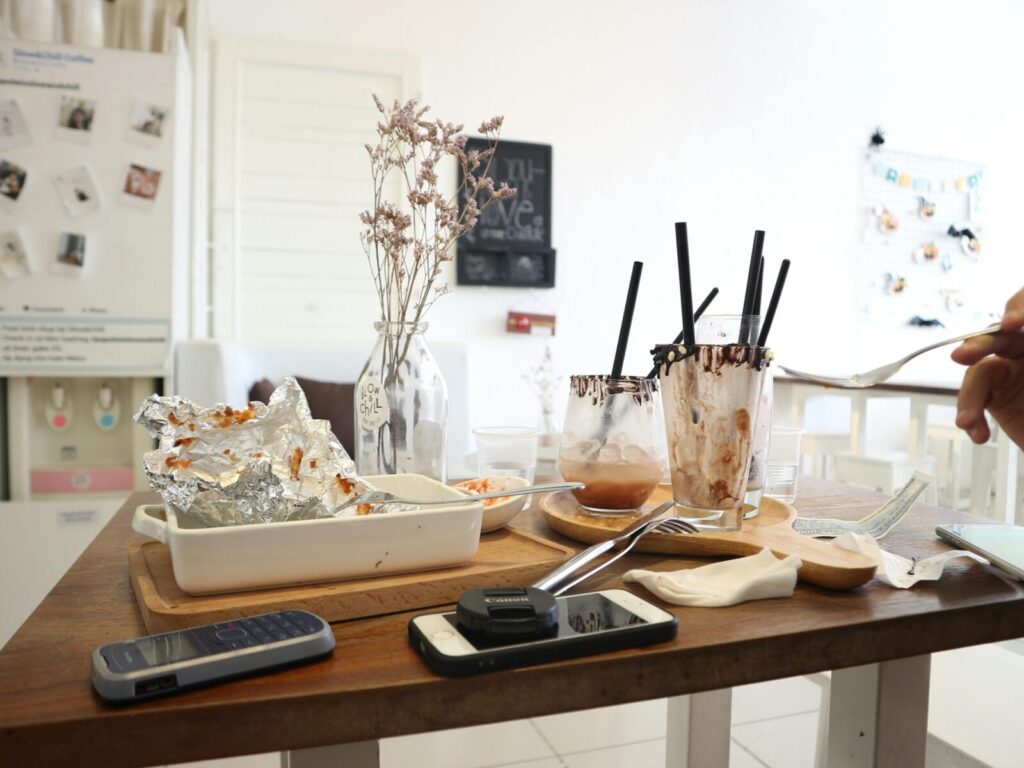
Even when trays appear empty, stacking them on top of each other can cause accidents. Trays are often greasy or slippery, and when stacked, they can slide off and spill onto the floor. This creates hazards for both staff and customers. Returning trays individually to the proper station is much safer and requires almost no extra time. The only thing needed is a quick walk to the tray return point. This simple action improves safety, makes cleanup smoother, and prevents frustrating accidents that could have been avoided with a few seconds of care.
Comments